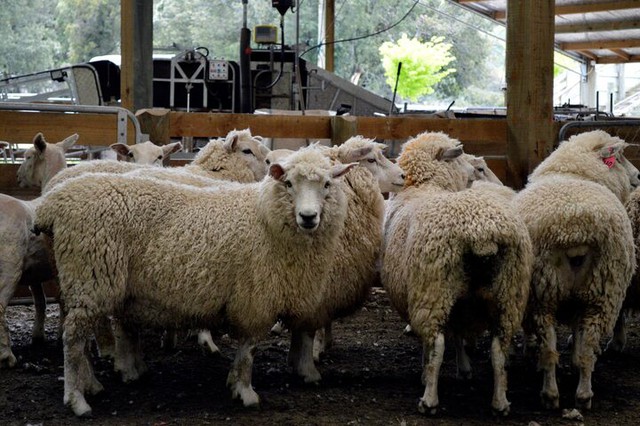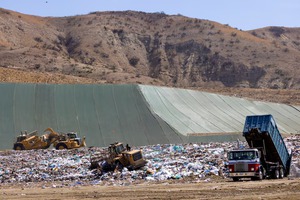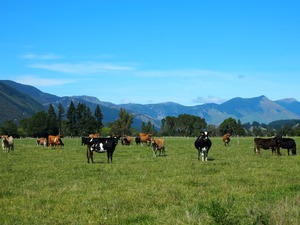
Sheep ready to be shorn are pictured on the property of sheep farmer Roger Barton in New Zealand's Wairarapa region, November 14, 2014. Photo: Reuters
The announcement comes after the government in April ended a plan to put a price on agricultural emissions including methane produced by belching sheep and cattle, relenting to farmer pressure that the plan would make their business unprofitable.
Agriculture Minister Todd McClay said on Sunday that the biogenic methane target, yet to be signed off by the cabinet, would be set at a range of 14–24 percent below 2017 levels by 2050.
"We’ve accepted a range of advice and worked closely with industry to agree a practical target that protects food production whilst substantially reducing New Zealand’s farm emissions," McClay said in a statement.
"We’re delivering a practical, fair pathway that recognizes New Zealand agriculture efficiency, protects jobs and production, and upholds our climate commitments."
The target would be reviewed in 2040 to ensure it aligned with science and progress of key trading partners in the area, the government said.
The previous government had introduced a plan to charge farmers for their gas emissions from the end of 2025, in what was hailed as a world first.
New Zealand, home to five million people, has about 10 million cattle and 26 million sheep.
Nearly half its total greenhouse gas emissions come from agriculture, mainly methane.




Max: 1500 characters
There are no comments yet. Be the first to comment.